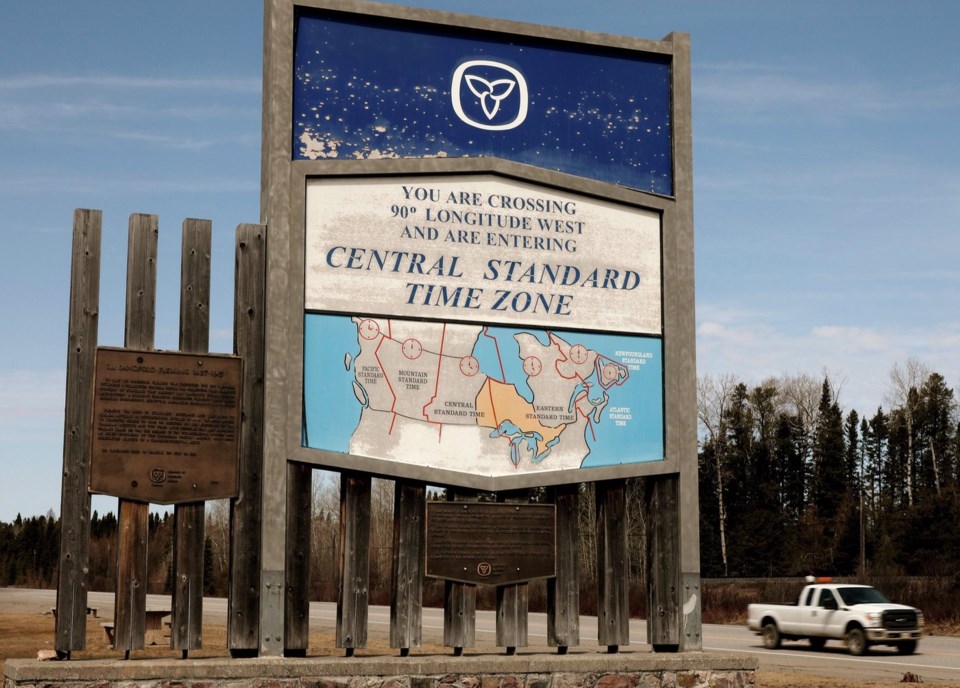An inquest into the death of a First Nations woman is hearing testimony about the lack of adequate care provided to remote northern Ontario communities, with witnesses saying basic services are sorely lacking.
The inquest into the death of Kingfisher Lake resident Ruthann Quequish is in its second day, which has included testimony from the community's deputy chief, Lott Sainnawap, and an area doctor.
Quequish died on April 1, 2017 from ketoacidosis, a complication associated with diabetes, at her home in Kingfisher Lake First Nation.
Sainnawap says another person died of ketoacidosis in the community four years ago, arguing that indicates things haven't improved.
Dr. Claudette Chase, a physician with the Sioux Lookout First Nations Health Authority, has raised concern about a lack of continuity in patient care, including an inability for nurses to access electronic medical records and a revolving door of staff who often don't stay in a community long enough to get to know patients.
Without in-person access to a doctor, residents in remote communities rely on nursing stations, health-care outposts that lack, among many things, point-of-care diabetes testing.
Quequish attended the nursing station in her community several times over a 10-day period before her death, and was sent home after each visit.
In his testimony, Sainnawap questioned why nurses on duty don't have the power to call a medevac in the case of an emergency and called for every remote community to have easier access to a doctor.
The presiding coroner Dr. Michael Wilson has said the inquest is not looking to assign blame for Quequish's death, but hopes to learn from the past in order to forge "a better future."
A five-person jury is expected to deliver its verdict after the 14-day inquest that will hear from an estimated 20 witnesses.
This report by The Canadian Press was first published July 30, 2024
The Canadian Press



